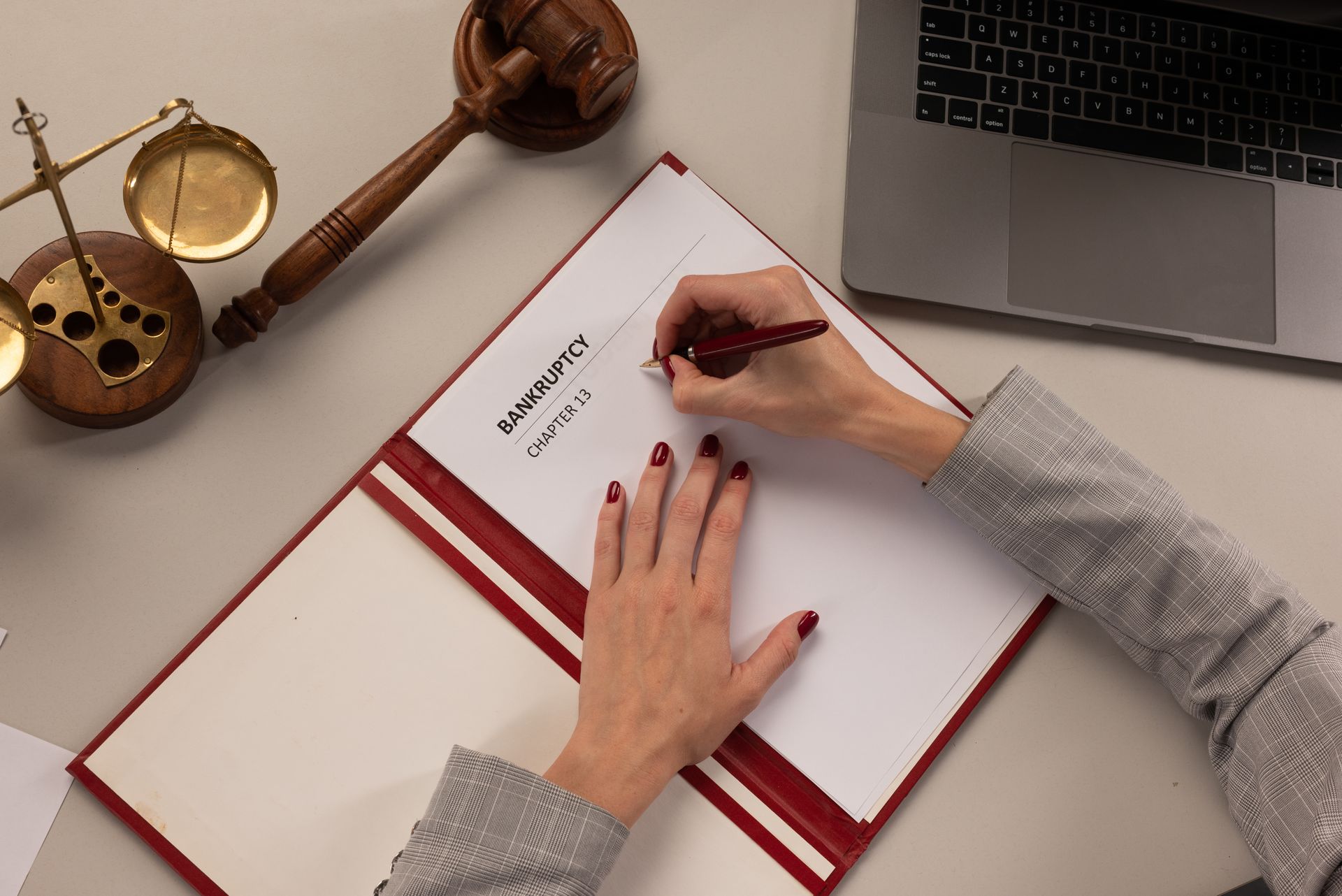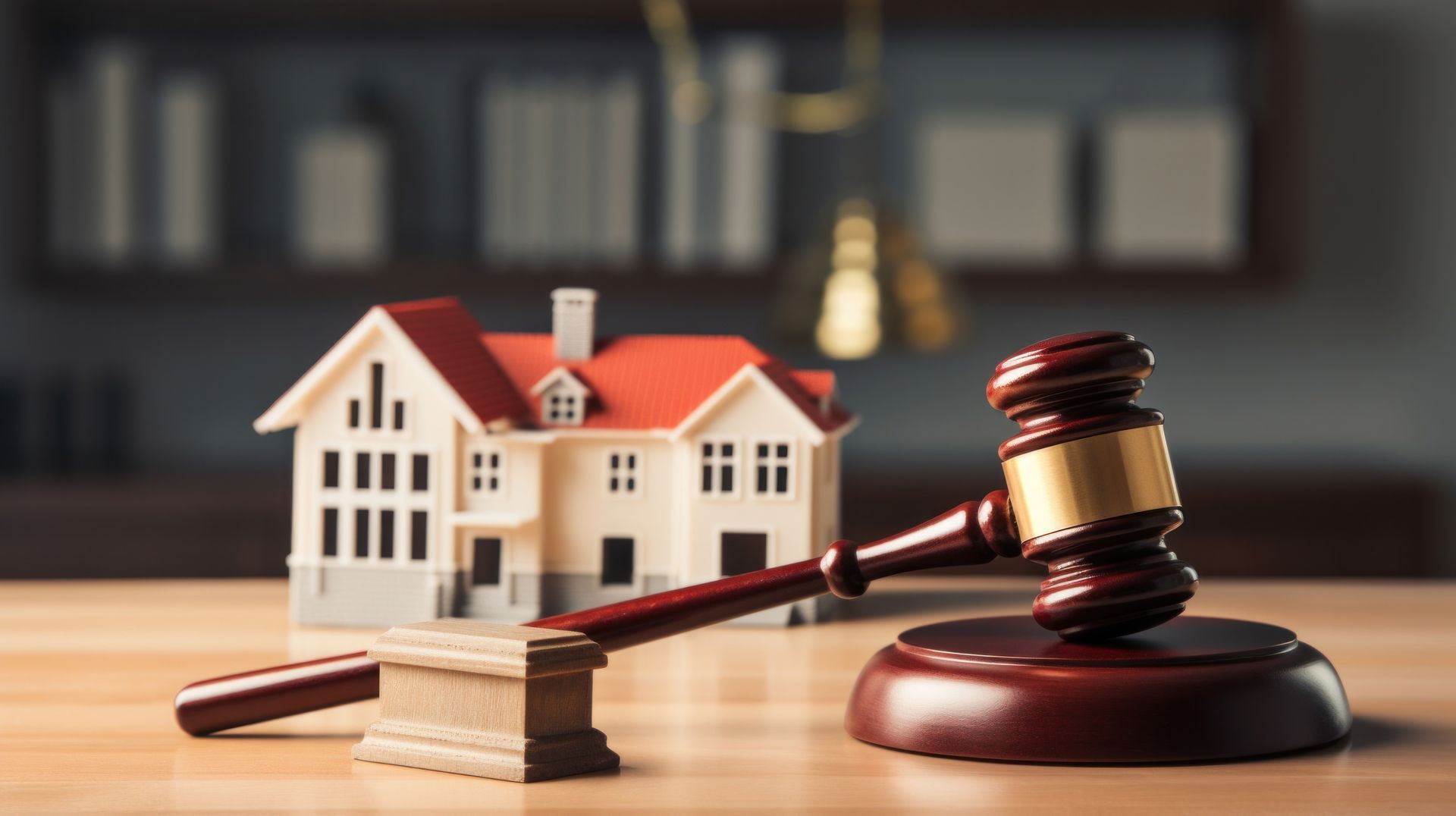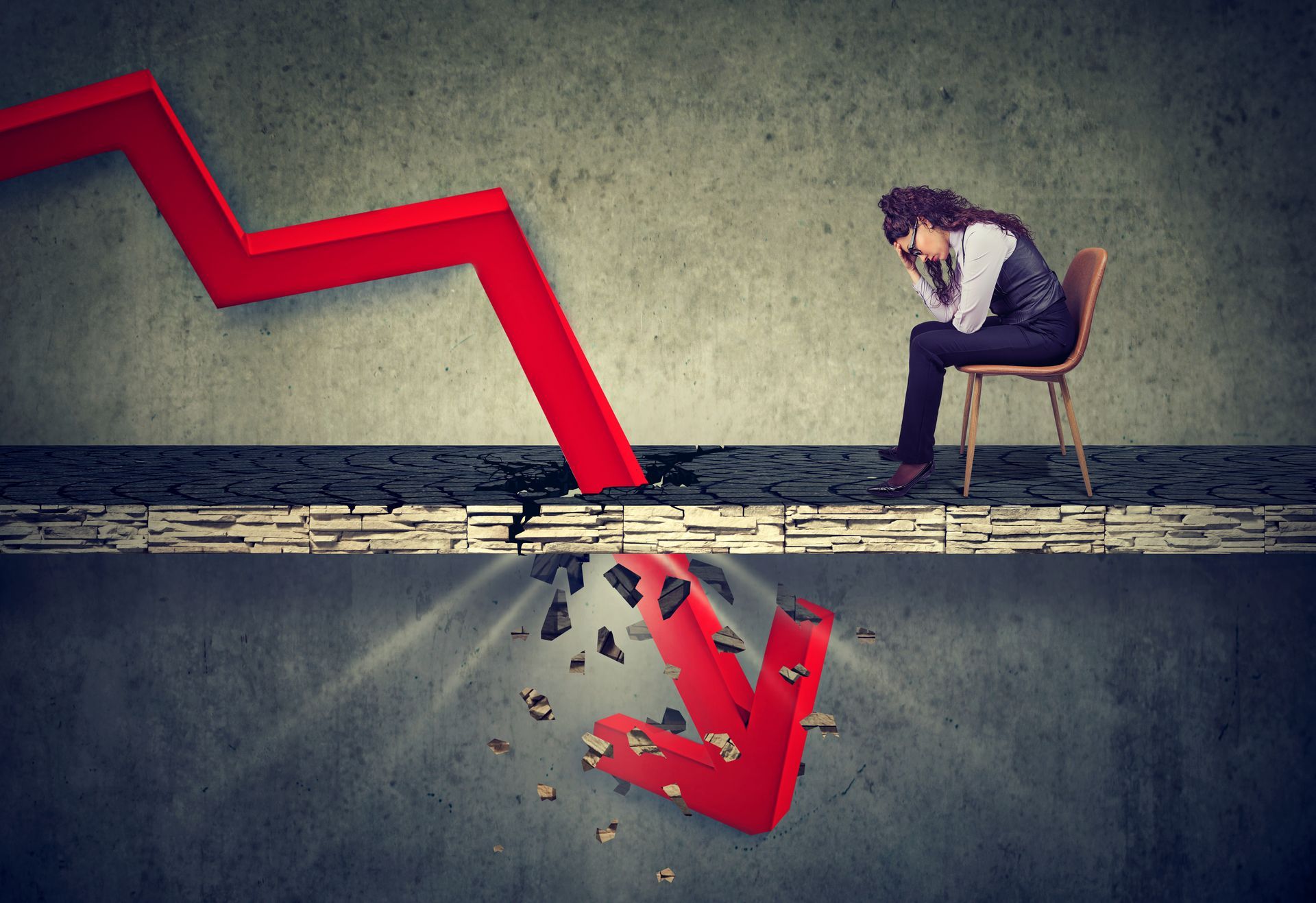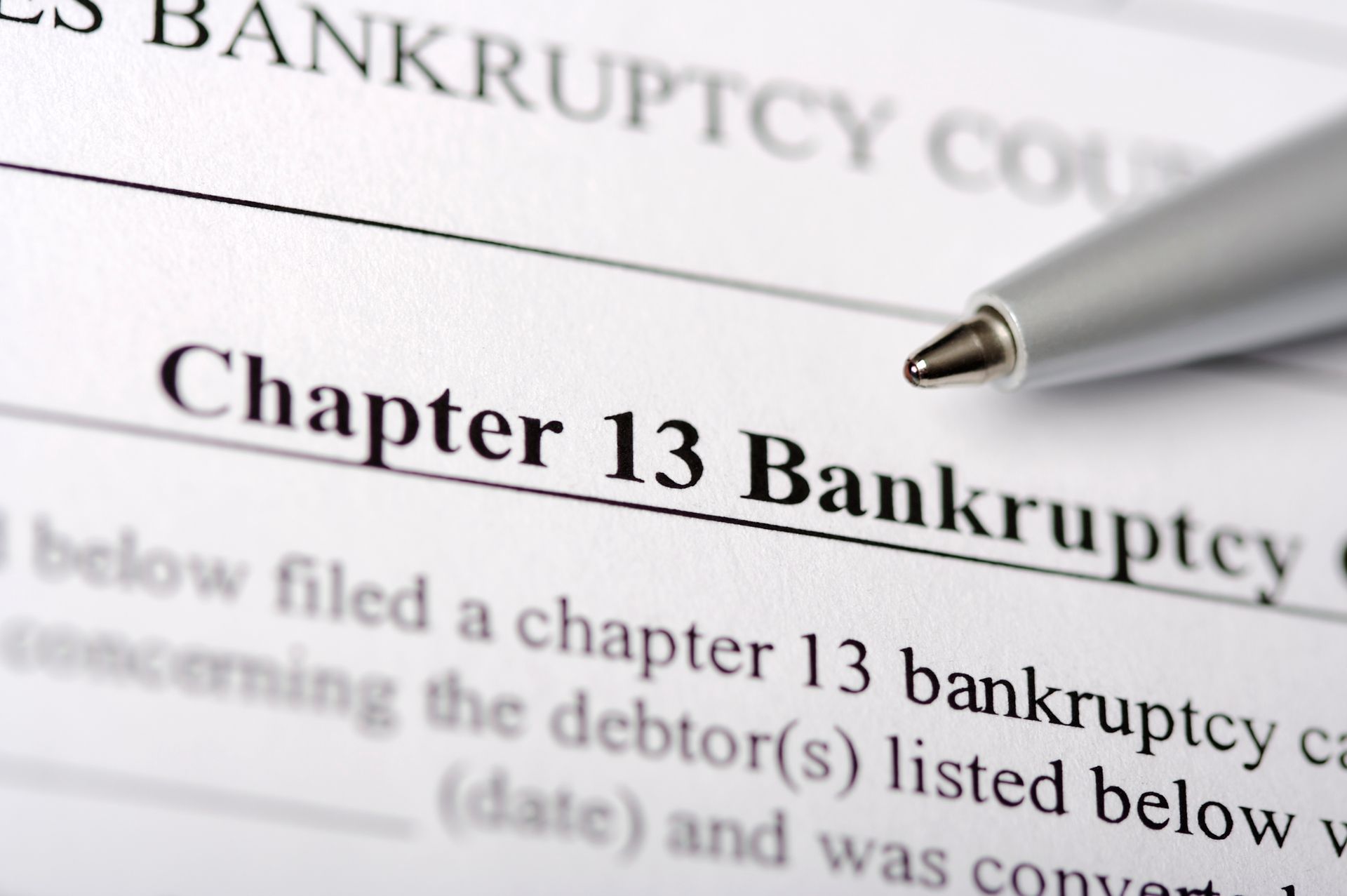What To Know About Chapter 7 Bankruptcy
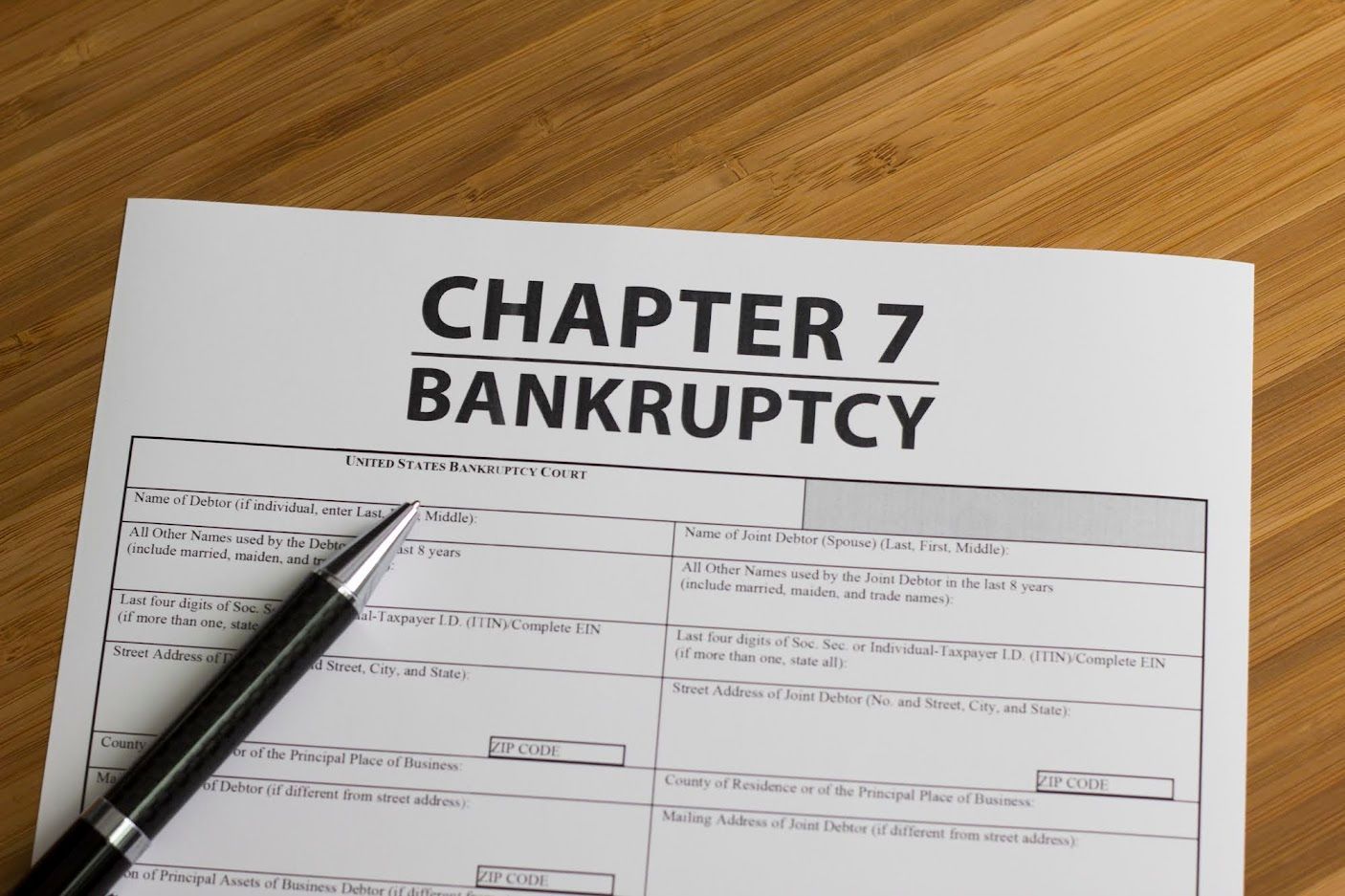
Declaring bankruptcy is a difficult decision, but sometimes it is the best option to get out of a difficult financial situation. If you are considering bankruptcy as an option, Chapter 7 may be the most suitable. Chapter 7 bankruptcy is also known as liquidation bankruptcy, and under it, most or all of the debtor's assets are sold to pay off their debts. Afterward, the remaining qualifying debts are discharged.
If you want to know more about this type of bankruptcy and its advantages, then this post is for you. Learn more about Chapter 7 bankruptcy and its benefits.
1. Qualifications for Chapter 7 Bankruptcy
Before filing for Chapter 7 bankruptcy, you must meet specific criteria to ensure that your petition is approved. To qualify, you must pass the means test, which is a calculation of your income and expenses to determine whether you can repay your debts. Your income must be lower than the median income for your state or pass a series of calculations that consider the number of people in your household.
2. Advantages of Chapter 7 Bankruptcy
One of the biggest benefits of Chapter 7 is that certain types of debt are completely discharged, including credit card debt, medical bills, and personal loans. Even if you still owe some of the debt after liquidation, such as secured debt or loans that are exempt, you will have a clean slate to start rebuilding your finances.
Additionally, filing for bankruptcy grants an automatic stay, which halts all collections and legal actions taken against you by creditors. This gives you time to work out a payment plan or come up with the funds to discharge the debts without continued undue pressure.
3. Property Exemptions of Chapter 7 Bankruptcy
Another advantage of Chapter 7 bankruptcy is property exemptions. In most states, you can protect necessary property, such as your home, car, and personal possessions, which are exempt from being sold to pay off your debts. This means you could come out of the liquidation with most or all of your required property still intact.
4. Credit Impact of Chapter 7 Bankruptcy
Chapter 7 bankruptcy will remain on your credit report for several years, which will temporarily hurt your credit score. Thus, for a while, it may be more difficult to get loans or credit after filing for bankruptcy. However, in the long run, bankruptcy can help you rebuild your credit and achieve better financial success.
5. Filing of Chapter 7 Bankruptcy
To file for Chapter 7 bankruptcy, you will need to complete a petition and a series of schedules that outline your assets, debts, income, and expenses. You will also need to pay a filing fee, attend credit counseling, and attend a meeting of creditors.
While you can file for Chapter 7 bankruptcy on your own, hire a bankruptcy attorney to help you through the process. They can answer your questions and help ensure that you are correctly filing the right forms.
Declaring bankruptcy is not an easy decision, but if Chapter 7 is right for you, it can be a great way to start anew after a difficult financial situation. If you are considering filing for Chapter 7, make sure you meet the necessary qualifications and take advantage of its many benefits.
Contact our office to discuss all of your options with a qualified bankruptcy attorney. Meanwhile, do not be discouraged by your current financial state. By taking the right steps, it can improve dramatically. Also, after a bankruptcy, prioritize post-bankruptcy work, such as rebuilding credit, learning to budget, and reworking your personal finance plans. We look forward to assisting you.

